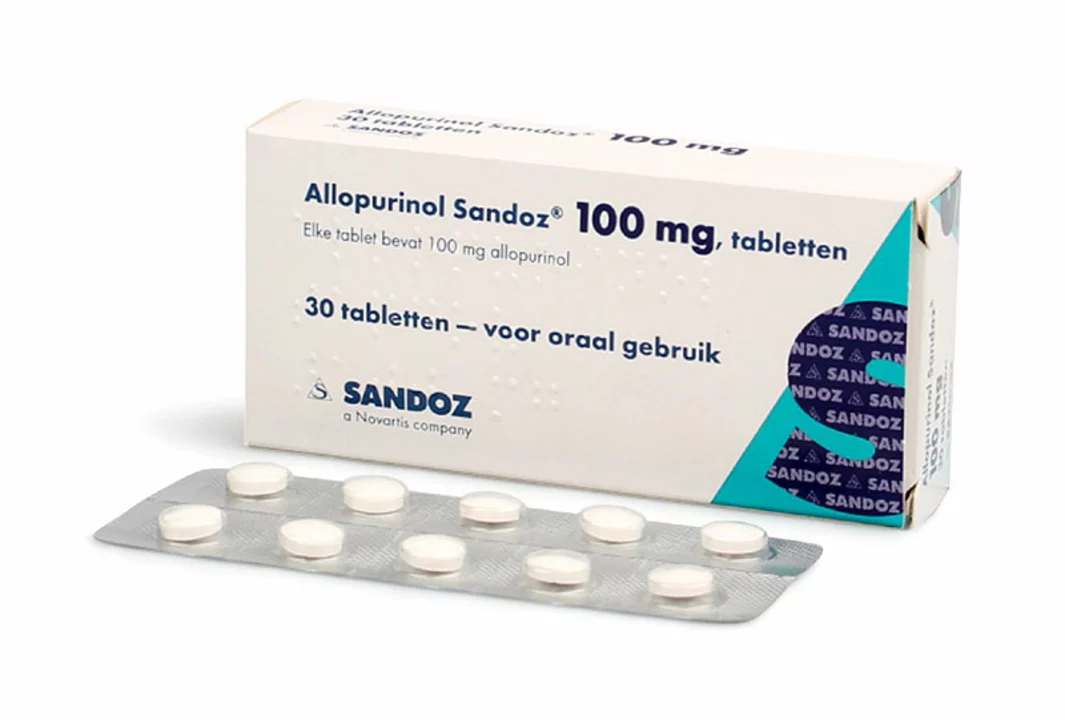Asymptomatic Hyperuricemia – Simple Guide
If a blood test shows high uric acid but you feel fine, you probably have asymptomatic hyperuricemia. The term sounds medical, but it just means "high uric acid without gout symptoms." Many people discover it by accident during routine labs.
Why should you care? Even without pain, persistent high uric acid can lead to crystal buildup in joints or kidneys over time. That’s why doctors keep an eye on the numbers and may suggest lifestyle tweaks or medication before any flare‑up happens.
When to Worry About High Uric Acid?
Not every elevated result needs a prescription. Doctors usually consider treatment when:
- Uric acid stays above 9 mg/dL (or the lab’s specific high‑range) on multiple tests.
- You have kidney stones, early signs of gout in joints, or a family history of gout.
- You’re at risk for heart disease or metabolic syndrome – high uric acid often shows up with these conditions.
If you tick any of those boxes, your doctor might order more tests, like a kidney ultrasound, to see if crystals are forming. Otherwise, the plan may focus on watching the level and adjusting habits.
Managing Your Uric Acid Without Pain
The easiest changes start in the kitchen. Cut back on foods high in purines – think red meat, organ meats, sardines, and anchovies. Swap sugary drinks for water or unsweetened tea; fructose spikes uric acid fast.
Stay hydrated. Aim for at least eight glasses a day so your kidneys can flush out excess uric acid. If you drink alcohol, keep it low – especially beer, which contains purines itself.
If diet alone isn’t enough, doctors may prescribe medicines like allopurinol or febuxostat. These drugs lower uric acid production and are safe for most people without gout attacks. Your doctor will start with a low dose and adjust based on follow‑up labs.
Regular monitoring is key. A simple blood test every 3–6 months tells you whether the plan works or needs tweaking. Keep a list of your results – it helps you see trends and discuss options with your physician.
Remember, asymptomatic hyperuricemia isn’t an emergency, but ignoring it can set up future problems. By watching your diet, staying hydrated, and checking labs regularly, you can keep uric acid in check without the pain of gout.
If you’re unsure where to start, talk to a pharmacist or use online resources on our site for medication guides and diet tips. Small steps today often prevent big issues tomorrow.

The Benefits of Allopurinol for Asymptomatic Hyperuricemia
As a blogger, I've recently come across information about the benefits of Allopurinol for asymptomatic hyperuricemia. Allopurinol is a medication that helps in reducing uric acid levels in the blood, which is really helpful for people with asymptomatic hyperuricemia. This condition can lead to gout, kidney stones, and even kidney failure if left untreated. By taking Allopurinol, individuals can prevent these potential health complications. Overall, it's great to know that there's an effective treatment option available for those dealing with asymptomatic hyperuricemia.